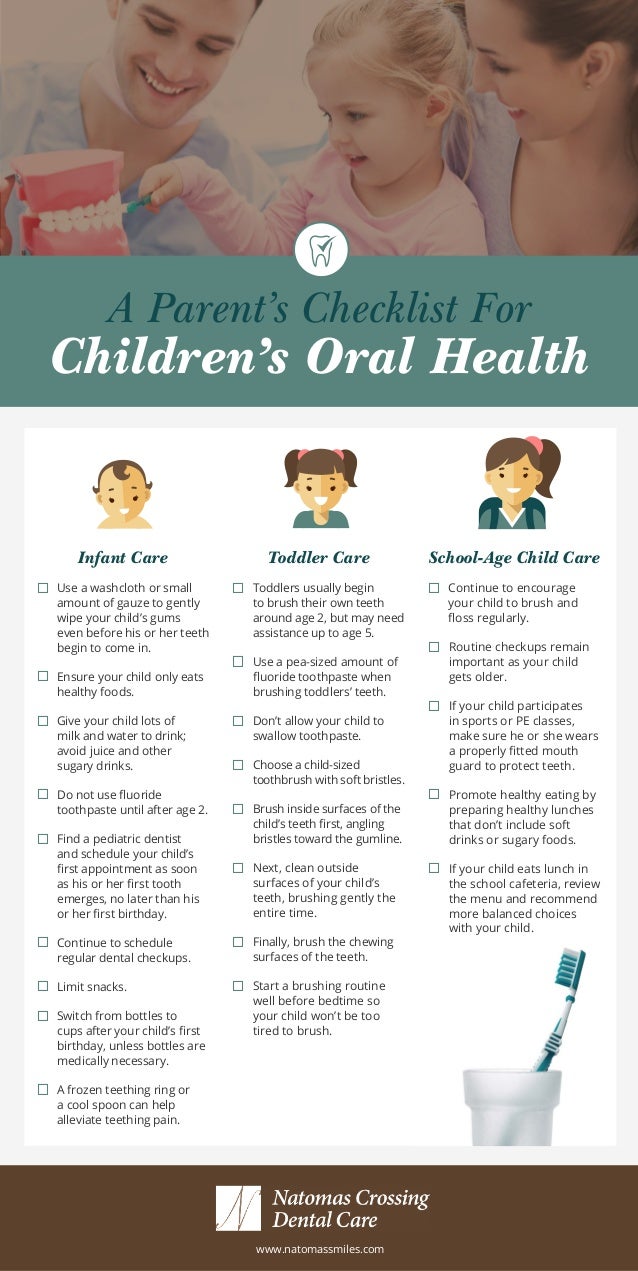Navigating the complexities of dementia care requires a compassionate, understanding approach that acknowledges the unique needs of each individual. In Aylesbury, families seeking support for their loved ones can find solace in dedicated dementia care in Aylesbury services designed to offer comprehensive, tailored assistance. This detailed exploration delves into the significance of specialised care, the array of services available, and the pivotal role of personalised support in enhancing the quality of life for individuals with dementia.
Understanding Dementia and Its Impact
Dementia encompasses a range of neurological conditions that affect cognitive functions, such as memory, thinking, and the ability to perform everyday activities. It profoundly impacts not only those diagnosed but also their families and caregivers. Recognising the need for specialised care is the first step toward providing effective support.
The Importance of Specialised Dementia Care
Specialised dementia care goes beyond basic assistance, offering an in-depth understanding of the condition’s challenges. It provides a structured environment that helps mitigate confusion and anxiety, ensuring safety while promoting independence and dignity.
Comprehensive Dementia Care Services in Aylesbury
Aylesbury’s dementia care services are designed to meet the diverse needs of individuals at various stages of dementia. From initial diagnosis to advanced care requirements, these services offer a holistic approach that encompasses medical, psychological, and social support.
Personalised Care Plans
Central to effective dementia care is the creation of personalised care plans. These plans are tailored to the individual’s needs, preferences, and the progression of their condition, ensuring that care remains responsive and appropriate over time.
In-Home Care Services
For many families, in-home care offers a way to provide their loved ones with high-quality care within the familiar surroundings of their own home. Services can range from assistance with daily living activities to specialised nursing care, all delivered with a focus on maintaining the individual’s comfort and well-being.
Day Care and Respite Services
Day care and respite services provide essential breaks for family caregivers, offering structured activities and social interaction for individuals with dementia. These services not only support the well-being of those with dementia but also give caregivers the opportunity to rest and recharge.
The Role of Trained Caregivers
Trained caregivers play a crucial role in the delivery of dementia care. Their expertise in managing the behavioural and psychological symptoms of dementia ensures that care is provided with empathy, patience, and respect.
Support for Families
Dementia care services in Aylesbury extend support to families, offering education, counselling, and support groups. These resources help families navigate the challenges of dementia care, fostering a collaborative approach to supporting their loved ones.
Utilising Technology in Dementia Care
Advancements in technology offer new avenues for supporting individuals with dementia. From GPS devices that enhance safety to interactive apps that stimulate cognitive functions, technology plays an increasingly important role in dementia care.
Creating a Safe Environment
Safety is a paramount concern in dementia care. Modifications to the living environment, such as installing grab bars, removing trip hazards, and ensuring adequate lighting, help prevent accidents and support the individual’s ability to navigate their surroundings safely.
Community Resources and Support
Aylesbury boasts a range of community resources designed to support individuals with dementia and their families. From local Alzheimer’s societies to dementia-friendly activities, these resources provide valuable opportunities for socialisation and support.
Choosing the Right Dementia Care Provider
Selecting a dementia care provider is a significant decision. Families should look for providers with a strong track record of delivering compassionate, expert care. Factors to consider include the provider’s approach to personalised care, the qualifications of their staff, and the flexibility of their services to adapt to changing needs.
The Importance of Early Intervention
Early intervention in dementia care can significantly impact the individual’s quality of life. Timely access to diagnostic services, support groups, and care planning can help families and individuals manage the condition more effectively from the outset.
The Future of Dementia Care in Aylesbury
As awareness and understanding of dementia continue to grow, so too do the opportunities for enhancing care. Innovations in care practices, technology, and community support are shaping a future where individuals with dementia can lead fulfilling lives with the support they need.
Conclusion
Comprehensive dementia care services in Aylesbury offer hope and support to individuals and families navigating the challenges of dementia. By prioritising personalised care, embracing technology, and fostering community connections, these services play a vital role in enhancing the lives of those affected by dementia. As we move forward, the continued evolution of dementia care practices promises to provide even greater support for our loved ones, ensuring they receive the compassionate, expert care they deserve.












